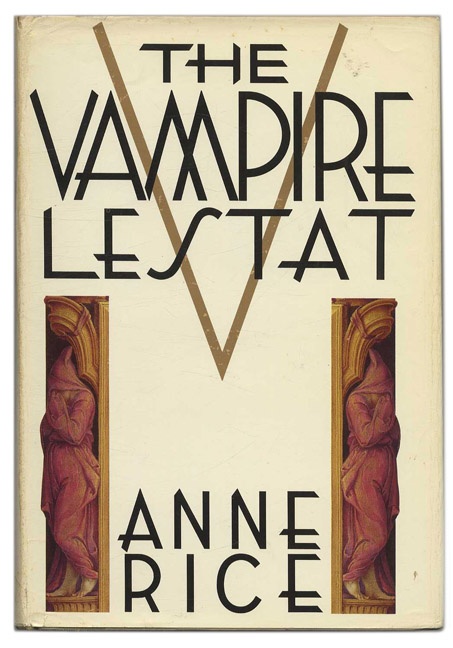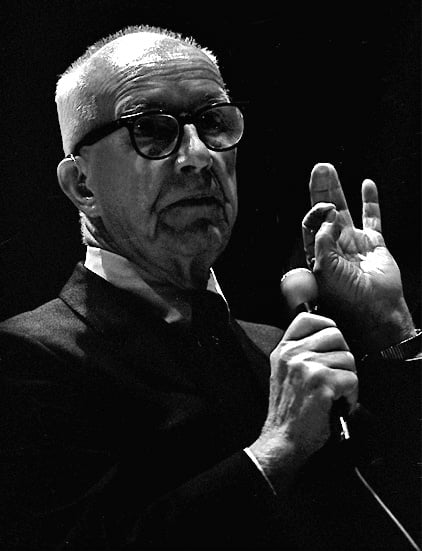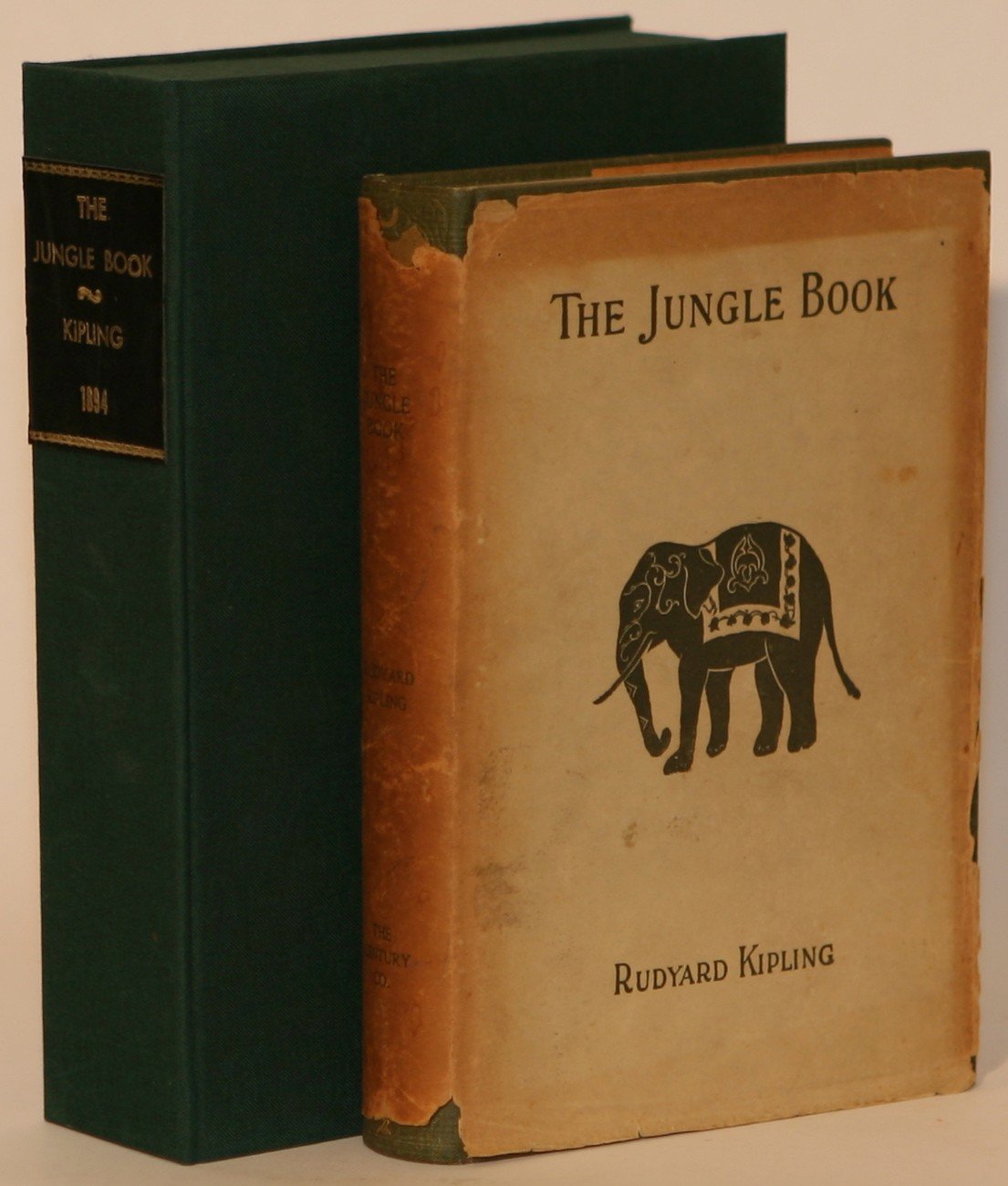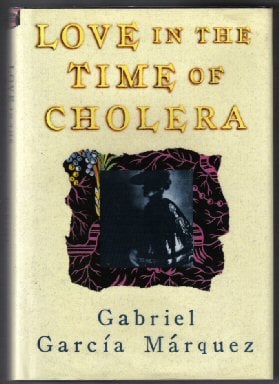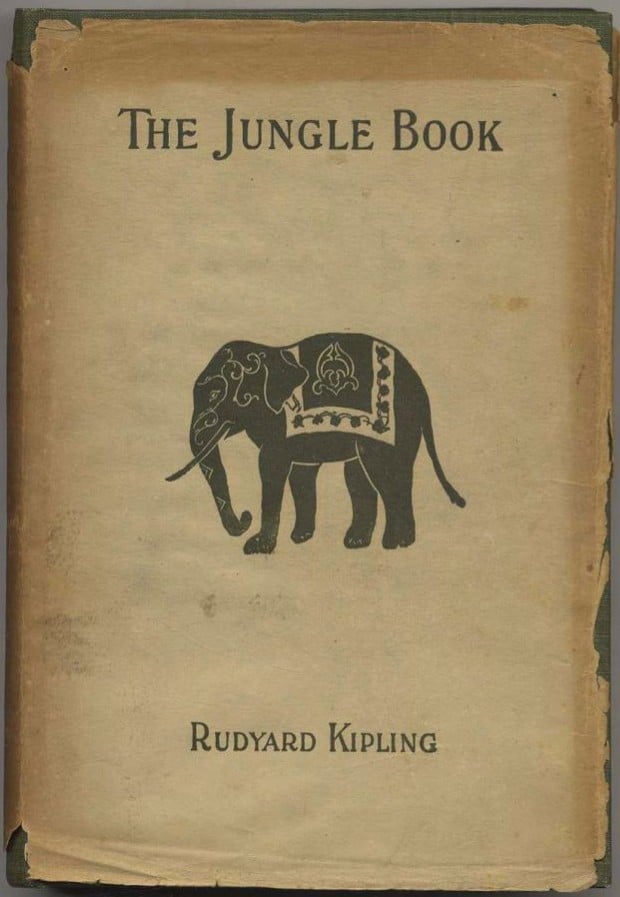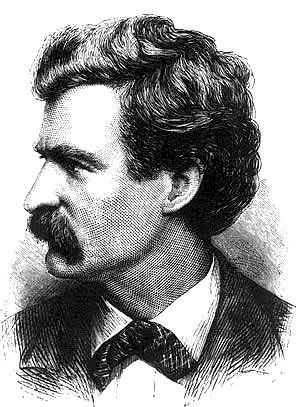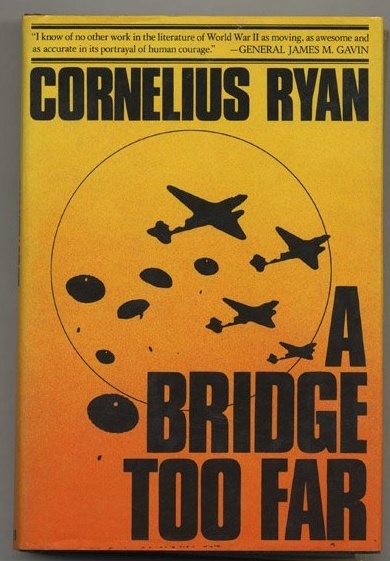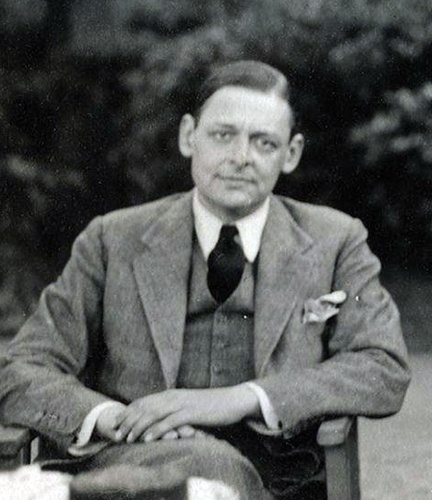Celebrated writer Anne Rice is known for her horror, religious, and erotic novels. Though she writes in drastically different and seemingly contradictory genres, throughout all of her books, Rice displays lush and sensuous description, complex plots that focusing on history, art, and mythology, and an ongoing discussion around the nature of good and evil and what it means to have or lose faith. Rice has been actively publishing fiction since 1974 and is one of most commercially successful living writers today, as well as perhaps the most famous female living writer of horror.
us toll free: 1-800-948-5563 international: +1 (843) 849-0283 UK: +44 (0) 1334 260018




